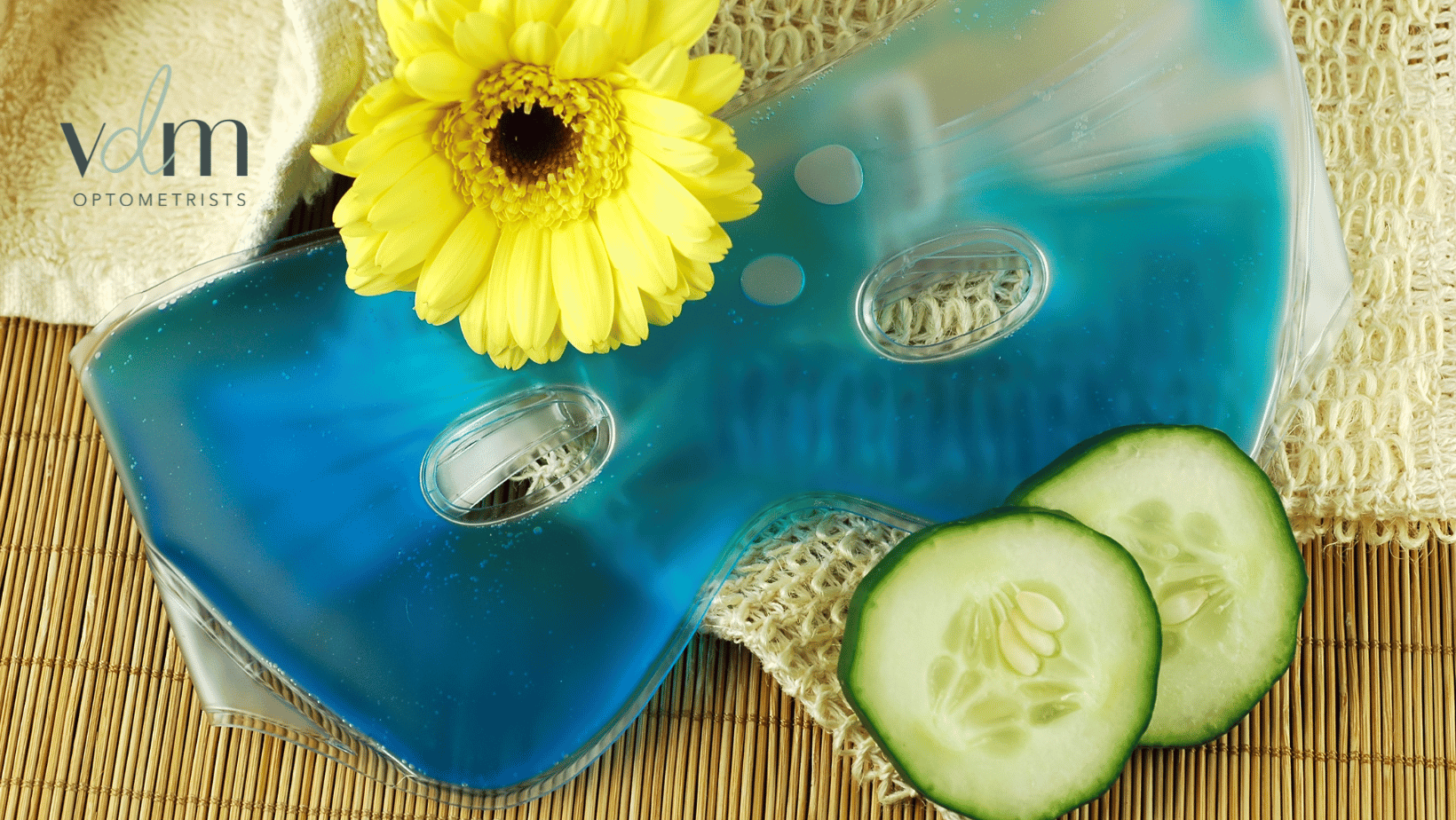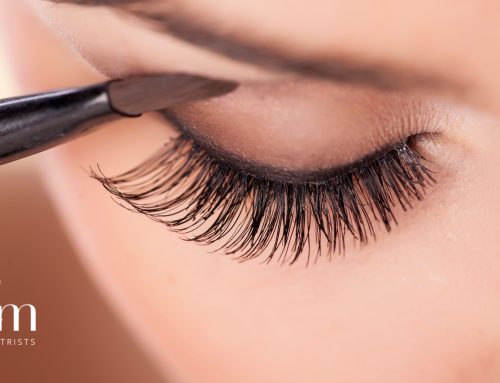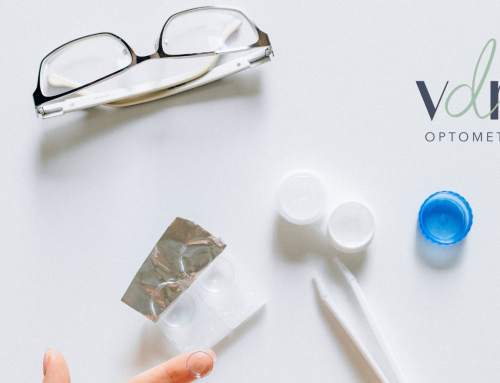Understanding Puffy Eyes
Puffy eyes are a common concern affecting many individuals. This condition manifests as swelling around the eyes, often accompanied by a feeling of heaviness or a tired appearance. While generally not a medical emergency, puffy eyes can be irritating and may be a symptom of an underlying health issue.
Causes of Puffy Eyes:
- Fluid Retention: One of the primary reasons for puffy eyes is fluid retention in the sensitive tissues around the eyes. This can be influenced by excessive salt intake, hormonal changes or even crying.
- Sinusitis: Allergic reactions to pollen, pet hair, dust mites, or certain cosmetics can cause inflammation and swelling around the eyes.
- Ageing: As we age, the skin around the eyes loses elasticity and fat, leading to a sagging appearance that can contribute to puffiness.
- Stress, Fatigue and Lack of Sleep: Insufficient sleep or poor sleep quality can cause fluid to accumulate around the eyes, resulting in puffiness.
- Diet and dehydration: Consuming too much alcohol or caffeine, which can dehydrate the body, or not drinking enough water can lead to fluid retention and puffy eyes.
- Genetics: Some individuals may have a genetic predisposition to developing puffy eyes, due to inherited facial structure.
- Medical Conditions: Certain medical conditions such as thyroid disorders, dermatitis, dry eye syndrome, or eye infections can cause puffiness around the eyes.
Effective Treatments for Puffy Eyes:
- Cold Compress: Applying a cold compress, such as chilled cucumber slices, a cold wash cloth or chilled tea bags can help reduce swelling.
- Hydration: Drinking plenty of water throughout the day can prevent fluid retention and keep the body properly hydrated.
- Diet changes: Cutting down on salt in your diet can help minimize water retention and alleviate puffiness. Adding potassium-rich foods, such as bananas, to your diet, can reduce water retention.
- Artificial tears: Using artificial tears to restore the tear-layer balance will help to reduce puffy eyelids due to dry eye syndrome
- Eye Creams: There are various over-the-counter eye creams and gels formulated specifically to reduce puffiness and tighten the skin around the eyes. Look for ingredients like caffeine or hyaluronic acid.
- Allergy Management: If allergies are causing your puffy eyes, identifying and avoiding allergens, or using antihistamines can provide relief.
- Sleep and Lifestyle Changes: Ensuring adequate sleep, avoiding excessive alcohol and caffeine consumption, and managing stress levels can all contribute to reducing puffiness.
Prevention Tips:
- Sleep Position: Elevate your head with an extra pillow while sleeping to prevent fluid from pooling around your eyes.
- Protect Your Eyes: Wear sunglasses to shield your eyes from the sun and prevent squinting, which can contribute to wrinkles and puffiness.
- Gentle Skin Care: Be gentle when removing eye make-up and avoid rubbing your eyes excessively, as this can irritate the delicate skin and worsen puffiness.
Puffy eyes are usually temporary and can often be managed effectively with lifestyle changes and simple home remedies. However, persistent or severe puffiness should prompt a visit to a healthcare provider to rule out any underlying medical conditions. Taking care of your overall health, staying hydrated, and getting adequate rest are key factors in maintaining bright, clear eyes and a refreshed appearance.






